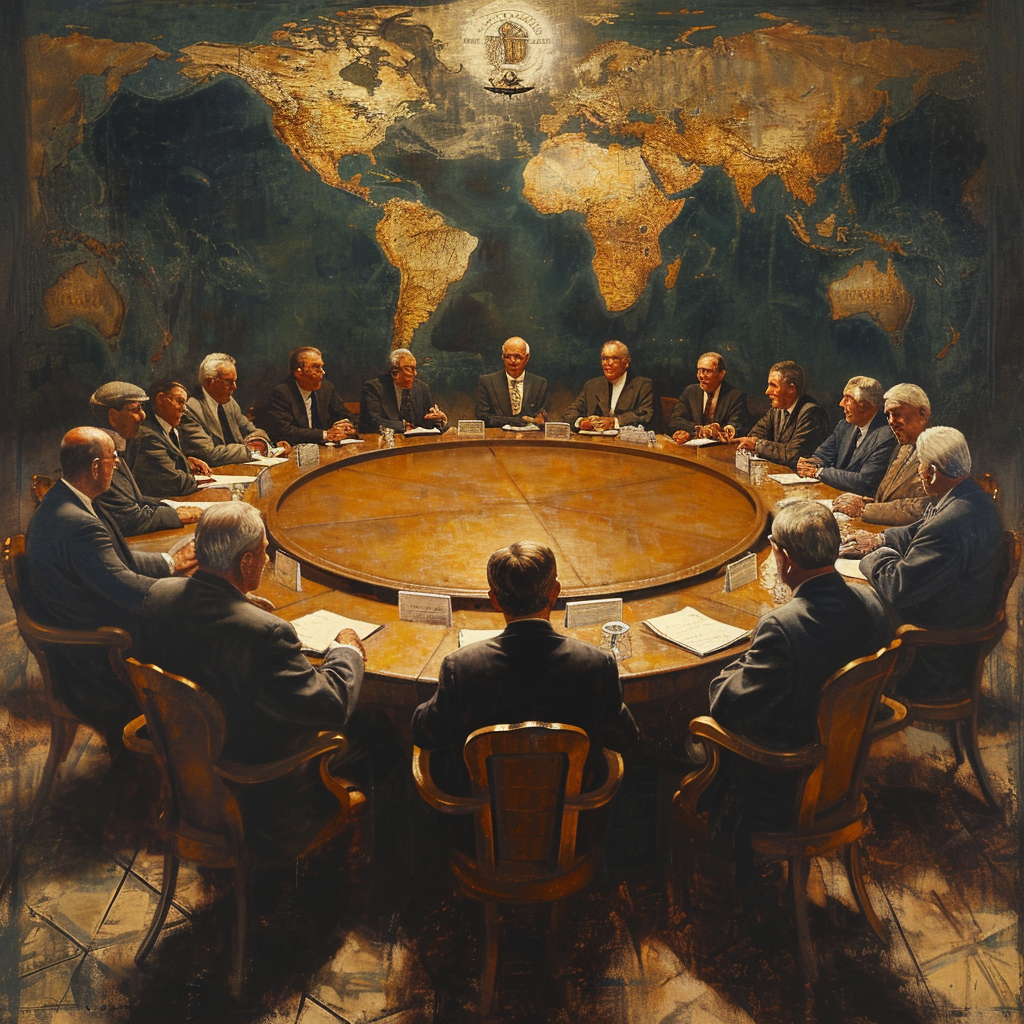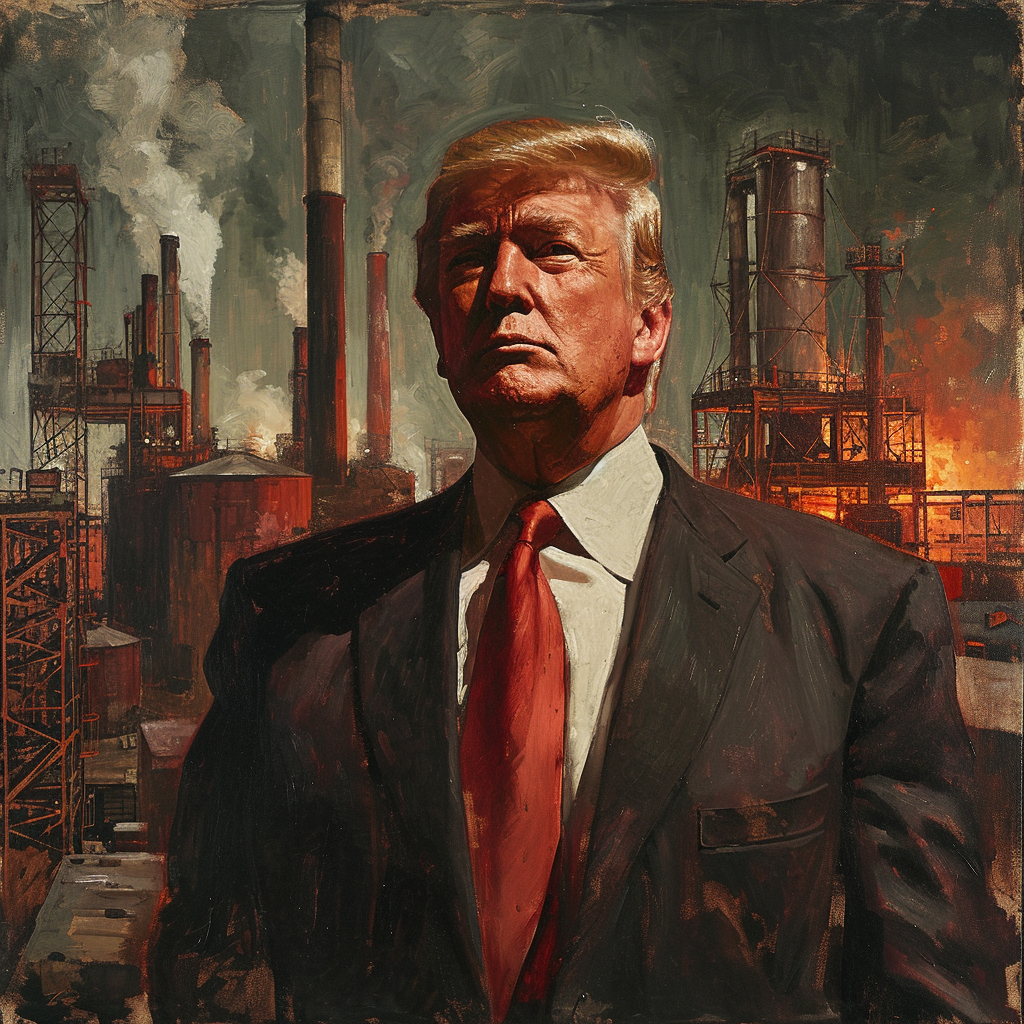
When you take away the ability to print money, very positive economic forces take hold in the opposite direction. Any amount of money is enough because what’s “enough” is what stores value. Time as an input today better equates to the output of time in the future.

In an era marked by economic uncertainty, the American consumer has increasingly turned to an alternative payment method that is raising concerns among financial experts: Buy Now, Pay Later (BNPL) services.

As the U.S. braces for an influx of new welfare cases from the southern border and struggles with existing social challenges, the nation may face inflated consumer spending figures that belie the true economic and fiscal health of the country.

Historically, America held a positive net international investment position until the dissolution of the gold standard under President Nixon's administration. Now, the nation faces a negative $18 trillion position that continues to deteriorate.

In a dramatic pivot, central banks worldwide are following the Federal Reserve's lead in shifting from rate hikes to anticipated rate cuts, a move that has taken financial analysts and economists by surprise.

In a stark warning that resonates through the corridors of global finance, Yale economist Bob Schiller has projected a dire future for the US dollar, should plans to transfer $300 billion of frozen Russian assets to Ukraine materialize.

As productivity enhances due to technological and process improvements, the relative price of goods decreases, indicating that these goods have become easier to produce.

As this housing saga continues to unfold, the dream of homeownership slips further away for many, leaving us to wonder: will the narrative change, or is the American dream irrevocably broken?

David Stockman, a former director of the Office of Management and Budget under President Reagan and a former U.S. congressman, discusses his new book, "Trump's War on Capitalism," on The Tom Woods Show.

Cathie Wood joined Bloomberg TV to discuss the decision ARK Invest has made a to pivot away from GBTC, and toward the ProShares Bitcoin Strategy ETF (BITO).

The financial implications of UBI are staggering; in the U.S., it could amount to an annual expenditure in the ballpark of $3 trillion.

Thirteen firms, including BlackRock, WisdomTree, and Invesco, have pending applications with the SEC for spot bitcoin ETFs (not futures-based). Bloomberg's ETF analysts assign a 90% probability of approval by the January 10th deadline, anticipating several approvals in one day.

The real estate industry in the U.S. is at a crossroads, with class action lawsuits challenging long-standing practices.

Hoover and FDR pulled it off. Can Joe Biden?


























